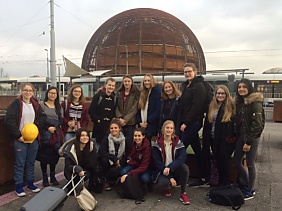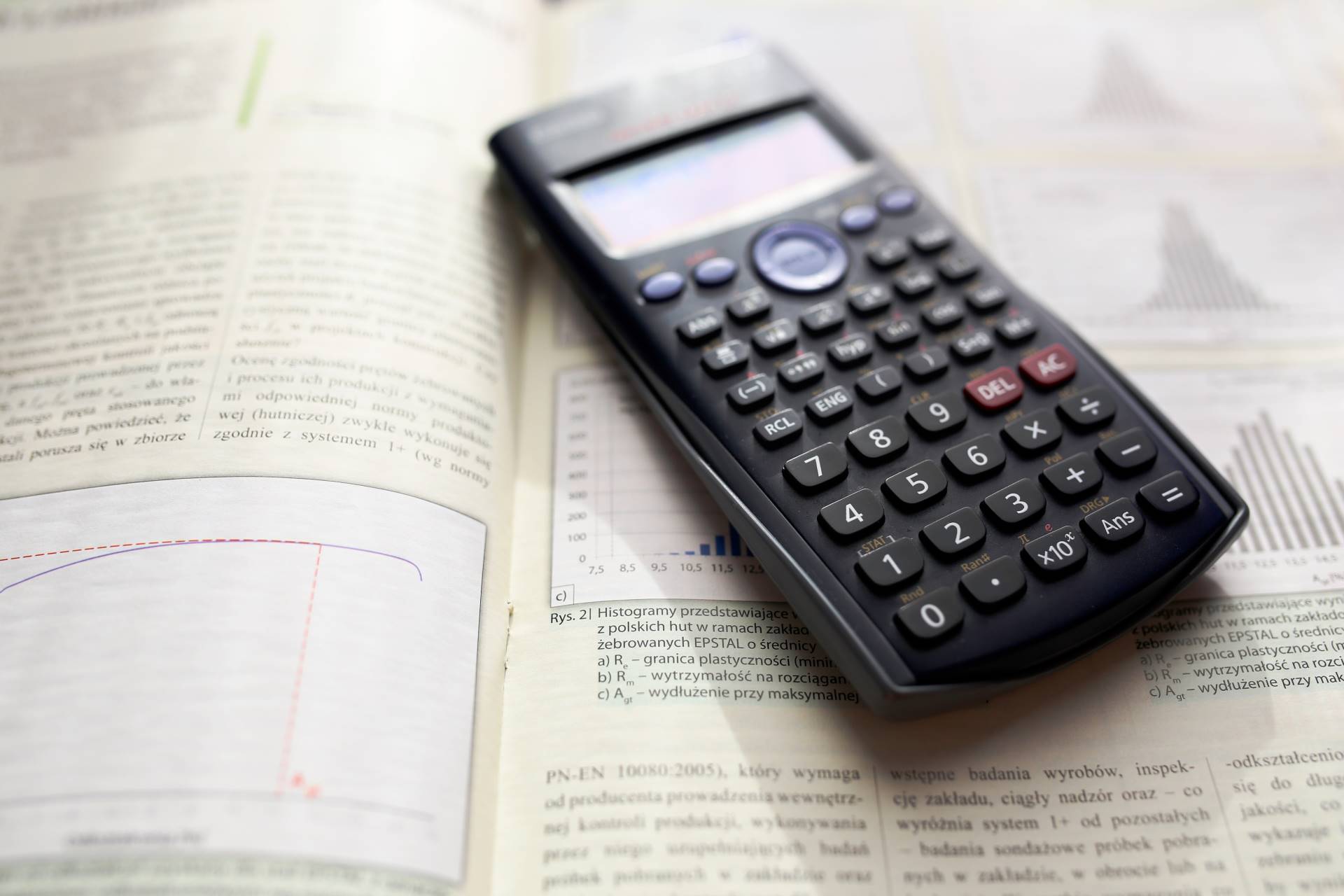A-Level Physics
 |
 |
Awarding Body |
Course Code |
Head of Department |
|
|
OCR A |
H556 | Mrs Grant | grant-m@beaconsfieldhigh.bucks.sch.uk |
Physics is an exciting and engaging subject that provides the answers to many of the fundamental questions about the world around us: from the evolution of the Universe; to the existence of sub-atomic particles; to understanding how we can build circuits which react to external changes and so much more.
Physics provides an excellent foundation for further study in an array of fields such as medicine, archaeology, mathematics, computing, finance, architecture, dentistry, veterinary science, natural sciences and of course, any engineering or physics related courses.
Perhaps more importantly, you will develop skills that can be transferred to just about any other area of work, from setting up a business to saving the planet. Even if you don’t go on to become a physicist, learning to think like one will help you get to the root of any problem and draw connections that aren’t obvious to others. Physics won’t give you all the answers, but it will teach you how to ask the right questions.
To study A-Level Physics you will need GCSE/iGCSE Grade 7 or higher in GCSE Physics OR two GCSE Grade 7s (or higher) in Additional Science.
A-Level Physics would suit students who have a real passion for physics and mathematics. Students need to be able to link the key concepts and think outside the box. You will need and enquiring mind and have the ability to problem solve. Physics is best combined with mathematics as some of the key concepts and skills link over. If you wish to study physics and Engineering at university you will have to have studied mathematics. Physics combines with any of the sciences for example medical physics links both biology and physics together.
What does the course cover and how is it structured?
The specification is split into six teaching modules, each covering a diverse range of concepts:
- Module 1 – Development of practical skills in physics
- Module 2 – Foundations in physics
- Module 3 – Forces and motion
- Module 4 – Electrons, waves and photons
- Module 5 – Newtonian world and astrophysics
- Module 6 – Particles and medical physics
Physics is a practical subject and the development and acquisition of practical skills is fundamental. Practical skills are embedded throughout the content of this course and provide learners with the opportunity to develop experimental methods and techniques for analysing empirical data. Learners will be required to develop a range of practical skills in preparation for the written examinations, in the broad areas of planning, implementation, analysis and evaluation.
How is the course assessed?
Component |
What is assessed |
Percentage of A2 |
Assessment method |
|
01 - Modelling Physics |
Content from modules 1, 2, 3 and 5 |
37% of A level |
100 mark exam 2 hours 15 minutes |
|
02 - Exploring Physics |
Content from modules 1, 2, 4 and 6 |
37% of A level |
100 mark exam 2 hours 15 minutes |
|
03 - Unified Physics |
Content from all modules (1 to 6) |
26% of A level |
70 mark exam 1 hour 30 minutes |
|
04 - Practical endorsement |
Practical skills |
Reported separately |
Internal assessment |
How can families help?
Students can visit many museums. The science museum in London, the Greenwich observatory and the Faraday Museum. We hope that next year (2022-23) we can start back up our trip to CERN in Switzerland.
Students can attend lectures run by universities aimed at A-Level students. There are also opportunities for both physical and virtual work experiences. It’s important that students read around the course and can either use the school’s library or ask their teachers for specific texts that will help.
One of the most important things is encouraging students to regularly read and consolidate over their past, present and future lessons. Lots of resources are provided on the Teams.

 Beaconsfield High School
Beaconsfield High School